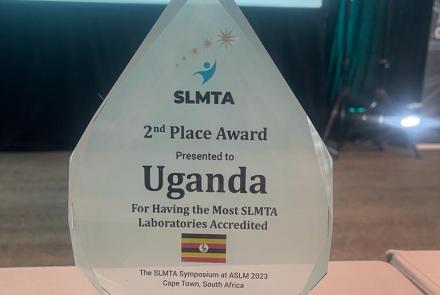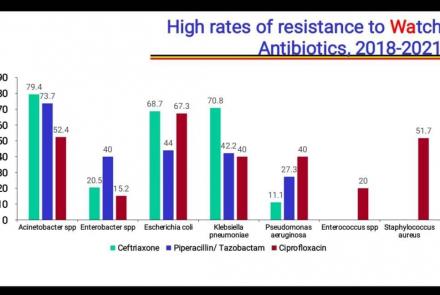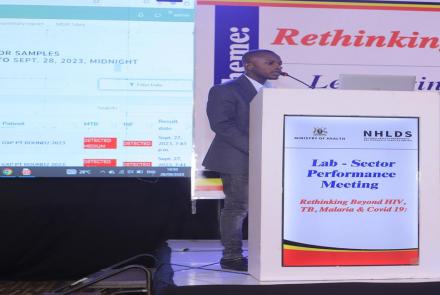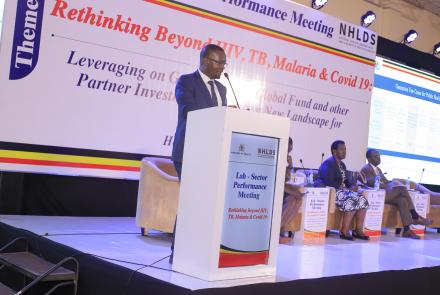Regulation provides the legal framework to ensure safe, quality laboratory operations and to protect the people from sub-standard and unethical laboratory practices. A national regulatory framework establishes requirements for registration and licensing of laboratory facilities and the laboratory workforce. The purpose of the regulation is to ensure that the right practitioners deliver laboratory services and their environment meets acceptable standards and that the delivery of the services is ethical.
Laboratory services in Uganda are regulated under the Allied Health Professionals Act of 1996. The Act mandates the Allied Health Professionals Council (AHPC) to register and license all laboratory professionals before they can practice. The council is also empowered under the same Act to register and license all laboratories, public, private as well as private not for profit facilities.
However, pathologists registered under the Uganda Medical and Dental Practitioners Council (UMDPC) operate laboratories which are not registered by AHPC. There are also private clinics registered by UMDPC that house laboratories not registered by AHPC. This relaxed mechanism of registration and licensing of laboratories, encourages quack laboratory practices.
Currently, CPHL as the technical arm of the Ministry of Health on laboratory services, has provided technical support to AHPC to deliver its mandate as by law established. However, CPHL is a national specialized reference laboratory. Therefore, establishment of Uganda National Health Laboratory Services (UNHLS) with the mandate to provide nationwide stewardship for laboratory services will strengthen the regulatory framework of laboratory services and enable AHPC to effectively perform its mandate.
The Uganda Medical Laboratory Technology Association (UMLTA) has continued to provide capacity building and advocacy for laboratory professionals and bridging the gap between the professionals and their regulatory body.
The National Drug Authority (NDA) plays a role in regulating laboratory supplies and reagents, equipment and diagnostic devices but its ability to effectively operate in the medical laboratory sector has been hindered by lack of expertise, inadequate human resources and absence of operational policies and guidelines to influence regulation.






